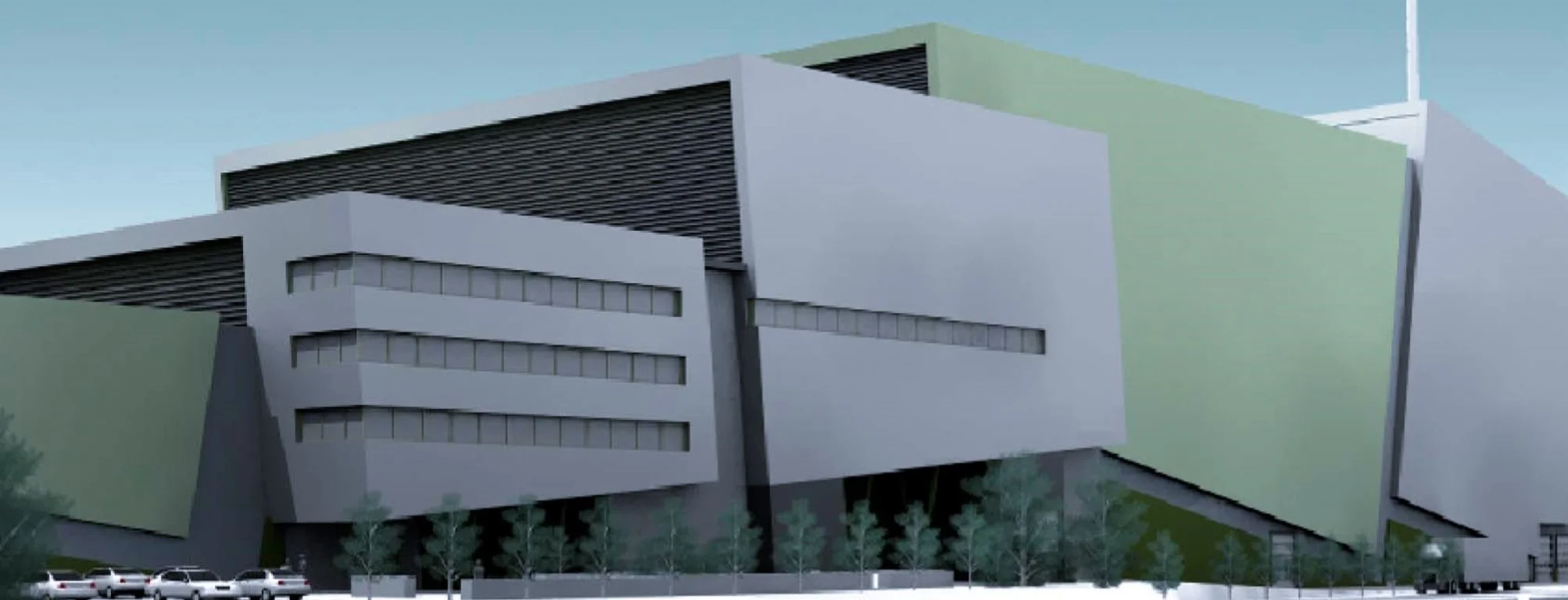The 4Rs: Reduce, Reuse, Recycle and Recover with the Gloucestershire Energy from Waste Facility
/The Gloucestershire Energy from Waste Facility is proud to champion the 4Rs: Reduce, Reuse, Recycle and Recover. Through these processes, the Facility helps to divert over 90% of Gloucestershire’s household residual waste from landfill. Urbaser works with Gloucestershire County Council to educate the community and visitors on best practice, helping to minimise the impact of the waste we create and encouraging residents to reduce, reuse and recycle more.
The waste hierarchy ranks the processes to manage waste from most to least favoured in terms of what is best for the environment.
Reduce, the most favoured option, involves limiting the amount of waste we create, such as reducing plastic consumption.
Reuse is second and includes using products more than once, which helps to save money, energy and resources.
Third on the list is recycling, which involves turning waste products into new items.
Recover occurs after the reduce, reuse and recycle processes have been maximised
The final option is disposal, however, this is the least favoured option and last resort.
We manage the County’s household residual waste to generate electricity, powering the equivalent of over 25,000 homes. Around 50% of the energy generated through the recovery process is classed as renewable due to the amount of biogenic (plant-based) feedstock. The performance efficiency of the Facility has been modelled and can be accredited as a Recovery Operation by the Environment Agency.
The Facility harvests rainwater from the main buildings, which is used in the process to extinguish the hot ashes from combustion. It is also used in the administration block, reducing the demand for fresh water leading to further savings on mains water demand. The Facility contributes to recycling too; the incinerator bottom ash from the process can be recycled into building aggregates. Ferrous and nonferrous metals are collected after the combustion process and are sent for recycling.
There are several ways you can get involved with the 4R’s from home. To find out more about recycling opportunities in your local area, visit the Gloucestershire Recycles website. There are plenty of items you can recycle at your local Household Recycling Centres (HRC) including batteries, books, white goods and scrap metal to name a few.
The Council and its district partners are currently aiming to reduce food waste. Home composting can be a viable option and can help to cut down on waste sent to landfill.
In addition, every resident is offered a kerbside collection of food waste on a weekly basis. This waste is taken to an Anaerobic Digestion Facility that digests food waste, creating renewable energy and a digestate that can be added to farmland as a fertiliser.
If you have any unwanted items, instead of putting them in the bin, try charity shops, bulky household waste collection, online auction sites and relevant recycling websites.
Find out more about the 4Rs on our Education page.
If you would like to find out more about the Facility, telephone 01452 379 886 or message us at info@ubbgloucestershire.co.uk.




